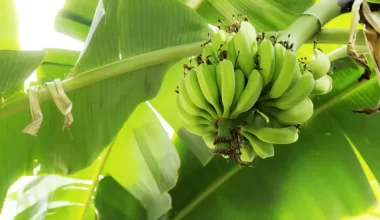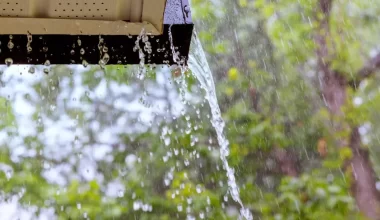Posted on Nov 24, 2023 at 8:00 pm by James A
The art of bonsai, an ancient tradition rooted in Asia, is much more than a simple hobby: it is a meditative form of connecting with nature while staying inside our living spaces.
Choosing the ideal location for your bonsai is not just a matter of aesthetics, but also of well-being for your miniature plant. In this article, we will explore the different factors to consider when placing your bonsai – light, temperature, humidity, and harmony with the interior decor. Whether you are a beginner enthusiast or an experienced enthusiast, these tips will help you create a perfect environment for your bonsai to thrive, adding a touch of zen and greenery to your home.
Table of Contents
Choosing the ideal location for your bonsai
The placement of your bonsai is an essential step in ensuring its growth and flourishing. It is necessary to take into account several criteria to determine the perfect spot:
- Sunlight
- Temperature
- Humidity
- Ventilation
Feel free to experiment with different locations in your home to find the one that suits your little tree best. Here are some tips to help you.
The lighting needs of your bonsai
For healthy growth, a bonsai needs good sunlight. It is essential to provide it with at least 5 hours of natural light per day, whether direct or indirect. Therefore, prioritize well-exposed windows and avoid dark rooms or those far from light sources.
However, it is also important to protect your plant from intense sunlight, which can burn its leaves. You can use a sheer curtain or blinds to filter the light if necessary.
Ambient temperature and drafts
Bonsai trees are generally sensitive to temperature variations and drafts. They appreciate a stable ambient temperature between 15 and 25°C. Therefore, avoid placing your bonsai near a heat source (radiator, fireplace) or an air conditioner.
As for drafts, they can dry out the leaves and weaken your tree. It is therefore preferable to place it in a location protected from drafts and frequent openings.
The ideal humidity for the well-being of your bonsai
Most bonsai trees require a certain level of humidity to thrive. Too dry air can cause leaf dryness and weaken your plant. To maintain adequate humidity, you can:
- Place a humidifier near your bonsai
- Set up a container filled with water nearby
- Regularly spray water on the leaves
Finding the right balance for each bonsai species
It is important to note that each bonsai species has its own requirements in terms of light, temperature, and humidity. For example:
- Tropical bonsai trees appreciate high humidity and a relatively high temperature
- Outdoor bonsai trees (such as conifers) need to spend the winter in a cool and well-lit place, but not too hot
- Some indoor species, like the Ficus, tolerate drier air and higher temperatures better
Therefore, be sure to research the specific needs of your bonsai to provide it with the best possible conditions.
Once you have found the location, remember to maintain your bonsai
Once you have found the ideal location for your bonsai, don’t forget to take care of its regular maintenance. This includes:
- Watering adapted to each species
- Pruning and repotting when necessary
- Providing fertilizer to promote growth
By taking all these elements into account, you will be able to find the best location for your bonsai in your home and contribute to its harmonious and flourishing growth.









